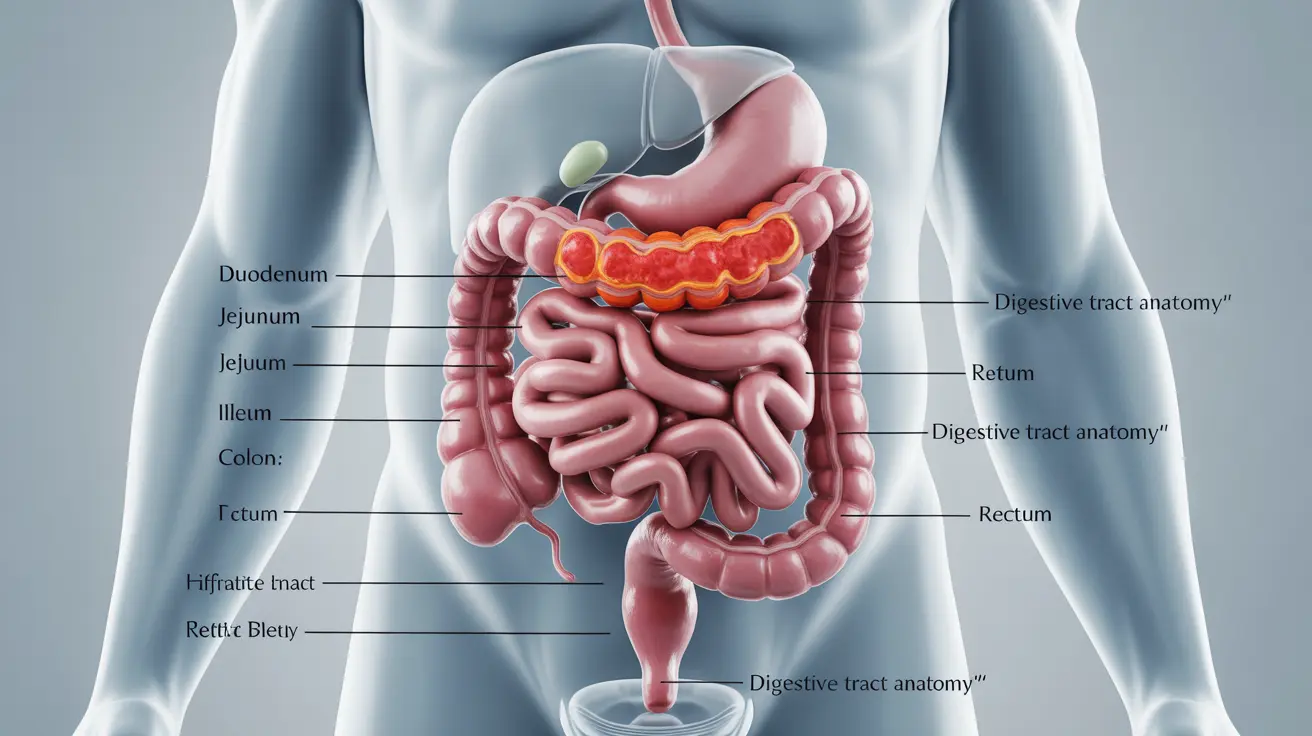Early Crohn's disease detection and management can significantly impact a person's long-term health outcomes. Understanding the initial signs and symptoms of this inflammatory bowel condition is crucial for getting timely medical intervention and preventing serious complications.
This comprehensive guide explores the early stages of Crohn's disease, including common warning signs, diagnostic procedures, and effective management strategies that can help control symptoms from the start.
Recognizing Early Warning Signs
Early Crohn's disease often presents with several characteristic symptoms that shouldn't be ignored. Common early indicators include:
- Persistent diarrhea lasting more than a few days
- Unexplained abdominal pain or cramping
- Unexpected weight loss
- Fatigue and reduced energy levels
- Low-grade fever
- Reduced appetite
- Blood in stool
These symptoms may come and go, making it important to track their frequency and severity. Early recognition can lead to faster diagnosis and treatment initiation.
Diagnostic Process for Early Crohn's Disease
When early Crohn's disease is suspected, healthcare providers typically follow a comprehensive diagnostic approach that includes:
Initial Assessment
- Detailed medical history review
- Physical examination
- Discussion of symptoms and their timeline
Diagnostic Tests
Several tests may be necessary to confirm an early Crohn's disease diagnosis:
- Blood tests to check for inflammation markers
- Stool samples to rule out infections
- Colonoscopy with tissue biopsy
- CT scans or MRI to examine the digestive tract
- Upper endoscopy when upper GI involvement is suspected
Early Treatment Approaches
Treatment for early Crohn's disease focuses on controlling inflammation and preventing disease progression. Common initial treatment strategies include:
Medications
- Anti-inflammatory drugs
- Immune system suppressors
- Antibiotics when necessary
- Over-the-counter symptom relief
Dietary Modifications
Making appropriate dietary changes can help manage early symptoms:
- Identifying and avoiding trigger foods
- Maintaining proper hydration
- Eating smaller, more frequent meals
- Following a low-residue diet during flares
Lifestyle Management Strategies
Several lifestyle modifications can help control early Crohn's disease symptoms:
- Regular exercise appropriate for your energy level
- Stress management techniques
- Adequate rest and sleep
- Smoking cessation
- Regular medical check-ups
Frequently Asked Questions
What are the most common early symptoms of Crohn's disease to watch for?
The most common early symptoms include persistent diarrhea, abdominal pain, unexplained weight loss, fatigue, and occasional low-grade fever. Some people may also experience reduced appetite and blood in their stool.
How is early Crohn's disease diagnosed and confirmed by doctors?
Doctors diagnose early Crohn's disease through a combination of medical history review, physical examination, blood tests, stool samples, and imaging studies such as colonoscopy, CT scans, or MRI. A tissue biopsy during colonoscopy is often necessary for confirmation.
What treatment options are available for managing early or mild Crohn's disease?
Early treatment options typically include anti-inflammatory medications, immune system suppressors, and symptom-relief medications. Dietary modifications and lifestyle changes are also important components of initial disease management.
Can early intervention in Crohn's disease help prevent severe complications over time?
Yes, early intervention can significantly reduce the risk of complications and disease progression. Prompt treatment helps control inflammation, prevent intestinal damage, and maintain better overall digestive health.
What lifestyle changes or dietary adjustments can help control early Crohn's disease symptoms?
Helpful lifestyle changes include identifying and avoiding trigger foods, maintaining proper hydration, eating smaller meals more frequently, managing stress, getting adequate rest, and regular exercise. Working with a healthcare provider or dietitian can help develop an individualized plan.




